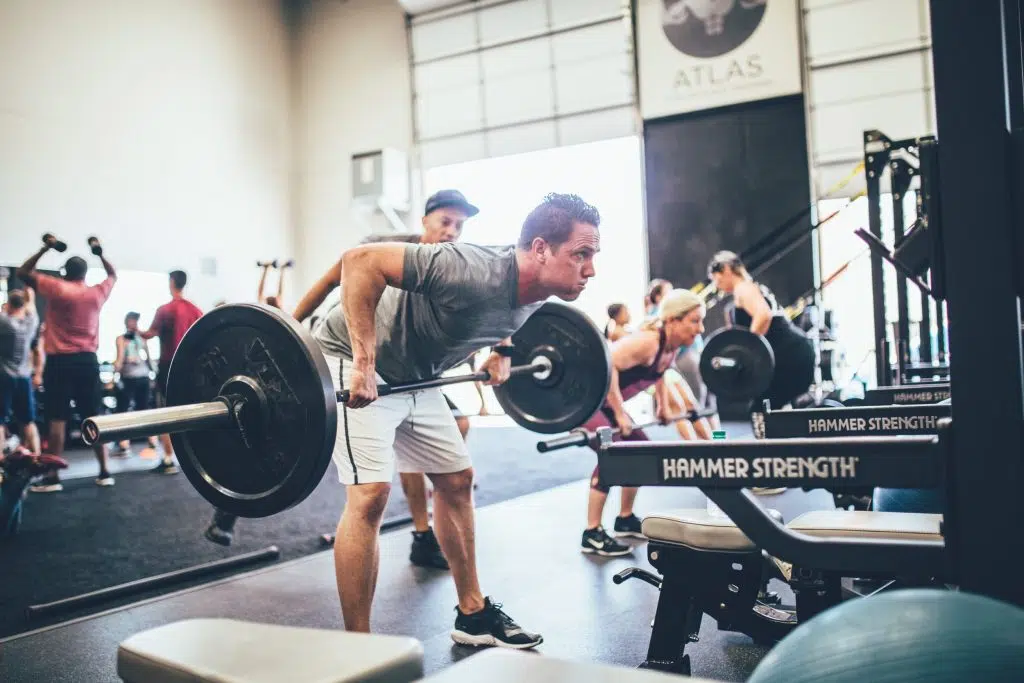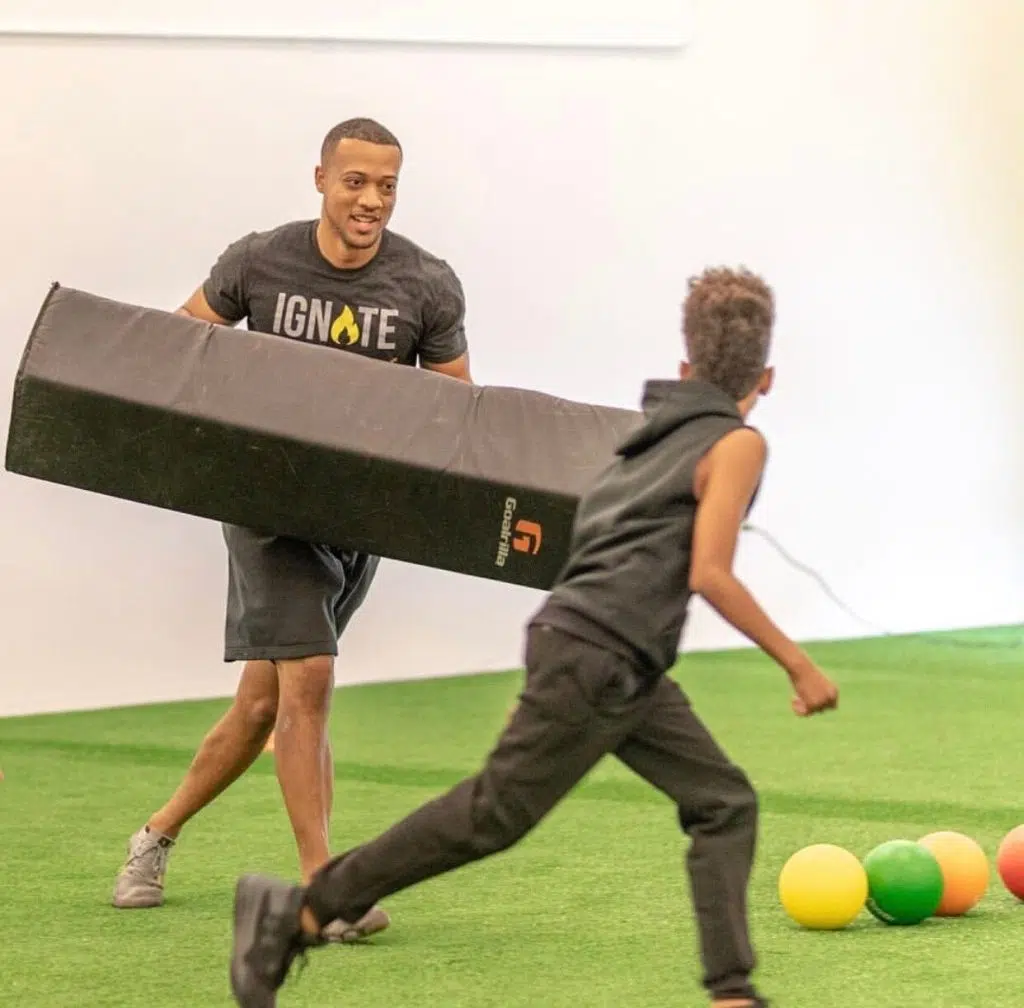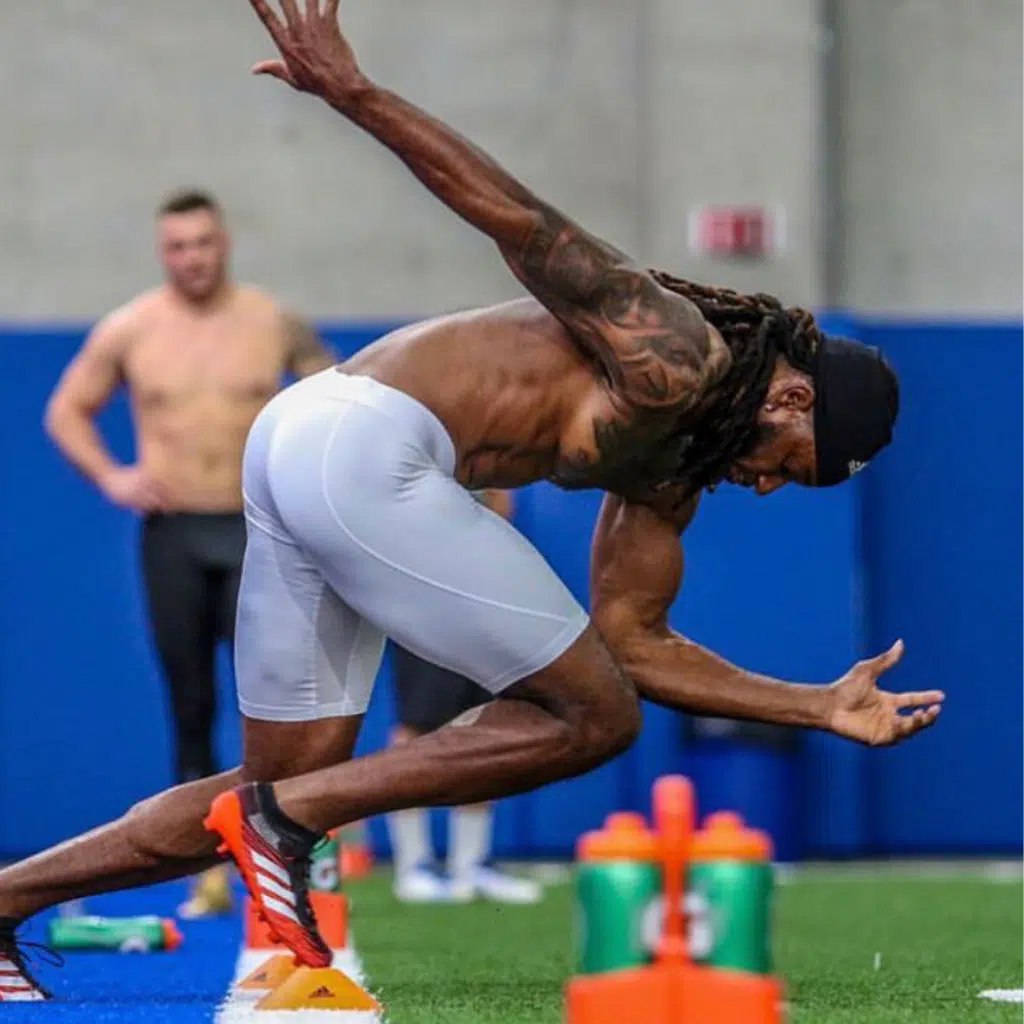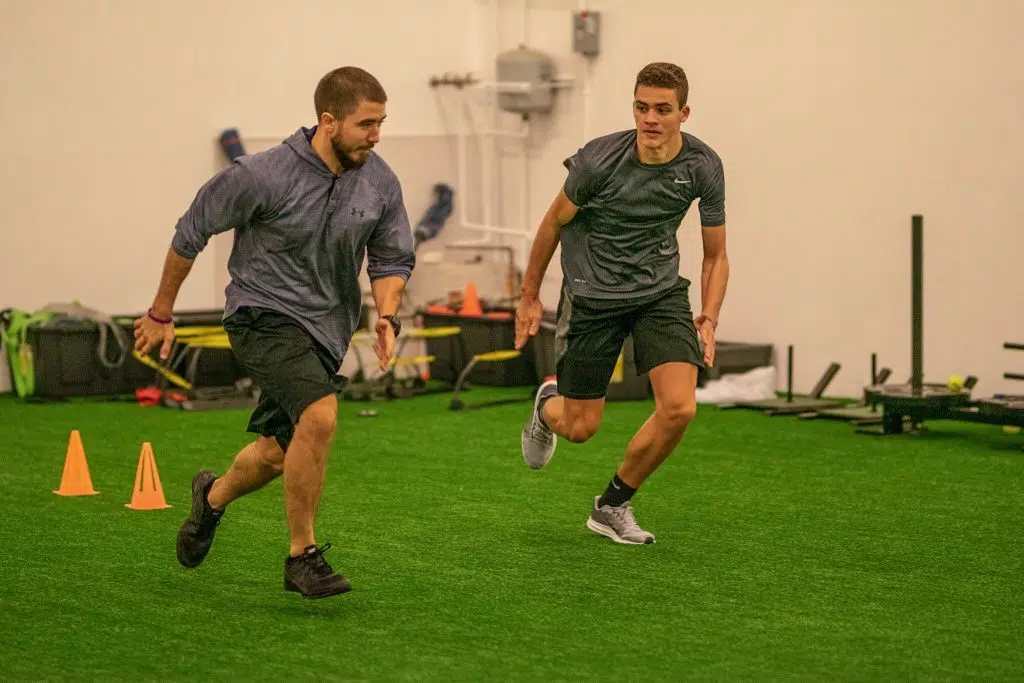How many of you have had a stretch where you hit the gym HARD everyday, and seen minimal results? …Chances are, you were probably were overtraining.
Overtraining is a problem….It has gotten worse with the proliferation of high impact, group fitness classes. The idea that “more is better” and “no days off” is not true when it comes it fitness. Overtraining can lead to injury and decreased results. The good news is overtraining is highly preventable. All you have to do is listen to your body, and take these preventative measures.
Why Recovery is Important
To understand why recovery is important, you must understand what happens when we train. When we train, we are essentially damaging or breaking down our body. When we do activities such as weightlifting or sprinting, we are causing little micro-traumas in our soft tissue. Little micro-tears in our muscles, and micro-fractures in our bones. The adaptations or “gains” as my meat head friends would say, are when we allow our body to properly recover from the stress of working out.
Without that rest time, we are constantly in a state of stress and never allow our bodies time to recover. Its also important to know that when we train we are not only taxing our skeletal system, but we are taxing our nervous system as well.
Signs of Overtraining
Over training isn’t something thats simply happens overnight. It is a gradual progression, with signs that are pretty clear if you know what your looking for. Here are some common signs of overtraining.
- Persistant muscle soreness
- Elevated resting heart rate
- Irritability
- Persistent muscle soreness
- Insomnia
- Increased risk of injury
As you can see, none of these are symptoms that you want to experience. Other signs of overuse are stress fractures and soft tissue injuries. Many shoulder and knee injuries are from overuse and and lack of recovery time.
Ways to Prevent Overtraining
Proper Programming is key
Time Off
I can tell you with certainty, that there is no perfect program out there. But what I can also tell you is that, any GOOD program will have an adequate amount of rest time scheduled. Rest is a key component to getting strength and body composition gains.
Write out a training schedule for yourself and include the days where you rest and recover. By writing it out your schedule, you are more likely to adhere to it.
Nutrition and Supplements
First let me say that there is no substitute for proper nutrition. Getting enough calories and macronutrients (carbs, proteins, fats) is key to muscle growth and recovery. As far as supplements go, they should be used as the name implies, to supplement your diet. However, for those looking for a little extra boost in the recovery department, there are 3 supps that I would recommend:
- Protein Powder
- Creatine
- BCAAs/Glutamine
All these supplements aid in recovery and help your body spare muscle. One of the side effects of overtraining is putting your body in a catabolic state. A state where muscle is being broken down and not synthesized. Not ideal.
Proper Programming
The right training program is key to any successful long term workout regimen. You SHOULD NOT be at the gym every day. Allow your body ample time for recovery and muscle repair. Your program should consist mostly of compound lifts, but they should be broken down into different days and movements. Theres no reason to be squatting every day, yet I’ve programs where people squat 4x per week! The squat is a very taxing exercise and not only fatigues your muscles, but your nervous system as well.
Mix up your training. I know people that have been on the same 5×5 routine every day for years. Mix up your reps and vary your exercises. Once every couple of weeks, try trading out a strength day for a yoga class or a hike. This will change the type of stress that’s being put on your body, and keep you engaged mentally as well.
In fitness, just like with anything, hard work is important to getting the results you want. But training hard will only get you so far. Being smart, and incorporating some recovery will take you to the next level. Remember, don’t train harder, train smarter!







